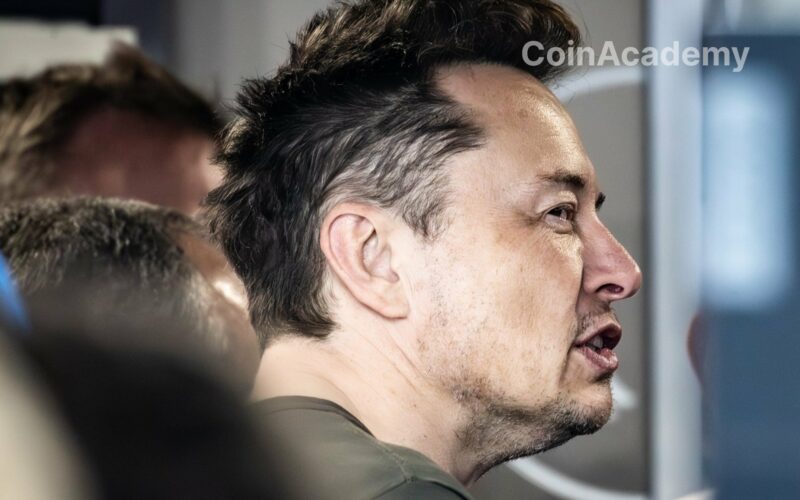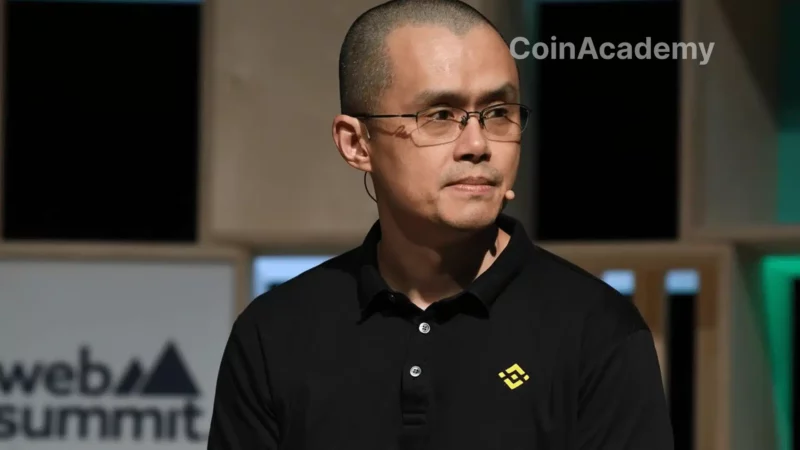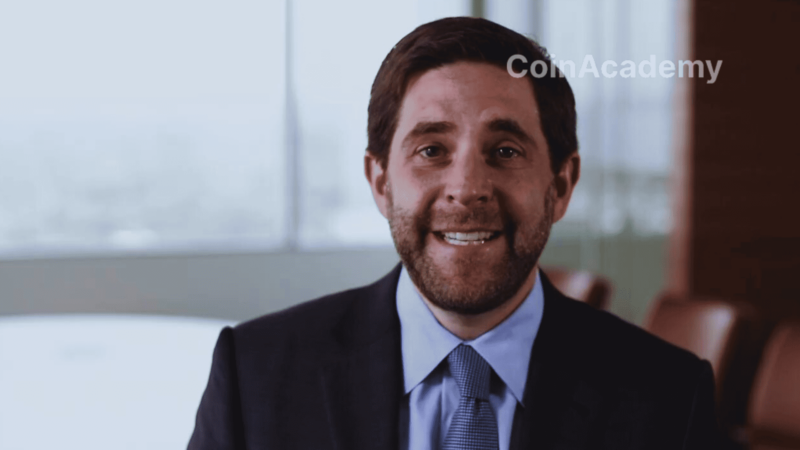Supreme Court Blocks Access to Platform X in Brazil, Igniting Debate on Freedom of Expression
The recent decision by the Brazilian Supreme Court to block access to Platform X (formerly known as Twitter) and impose heavy fines on users bypassing the ban using virtual private networks (VPNs) has sparked outrage in the country.
Perceived by many as another infringement on freedom of expression, this measure has also raised concerns about legal implications and national sovereignty.
A Context of Conflict between Elon Musk and the Brazilian Justice System
The decision to block X follows a protracted conflict between Elon Musk, the platform’s owner, and Alexandre de Moraes, a judge at the Brazilian Supreme Court. Moraes, engaged in a fierce fight against online misinformation, made the radical decision to restrict access to X after the company refused to appoint a legal representative in Brazil, a requirement of Brazilian civil legislation. X’s office in Brazil, one of the platform’s largest markets, had been shut down a few weeks earlier, further escalating tensions between Musk and the Brazilian authorities.
Musk, who has repeatedly criticized Moraes’ censorship demands, sees them as an infringement on freedom of expression. Conversely, Moraes justifies his decisions as necessary for the protection of Brazilian democracy. Nevertheless, the decision to block access to X, and even more so, to impose fines on users bypassing the ban, has divided public opinion.
Mixed Reactions: Between Support for Sovereignty and Accusations of Autocracy
Reactions to Moraes’ decision have been immediate and varied. On one hand, some see this action as an affirmation of national sovereignty in the face of a perceived hostile foreign actor. However, many view it as an autocratic drift that threatens individual liberties.
Luciano Huck, an influential media figure, expressed concern, stating that judicial interference in companies’ everyday affairs was ‘very bad for Brazil.’ On the other hand, Arthur Lira, president of the Lower House of Congress, emphasized that this decision raised apprehension among investors and economic actors, exacerbating concerns about legal insecurity in Brazil.
The Issue of Fines: A Measure Deemed Disproportionate
One of the most controversial aspects of this case is the imposition of a daily $8,000 fine for users who continue to access X via VPNs. This measure has been criticized by right-wing politicians and legal experts who consider it excessive and legally questionable. The Brazilian Bar Association’s note to the Supreme Court denounced this fine as a serious infringement on the fundamental rights enshrined in the Constitution.
In the face of growing controversy, other members of the Supreme Court have expressed more moderate opinions. Luís Roberto Barroso, the Court’s president, stated in an interview that the five-year investigation into the spread of fake news on social media could be coming to an end. This statement seems to suggest a willingness to defuse the situation and refocus the Court’s efforts on other priorities.




